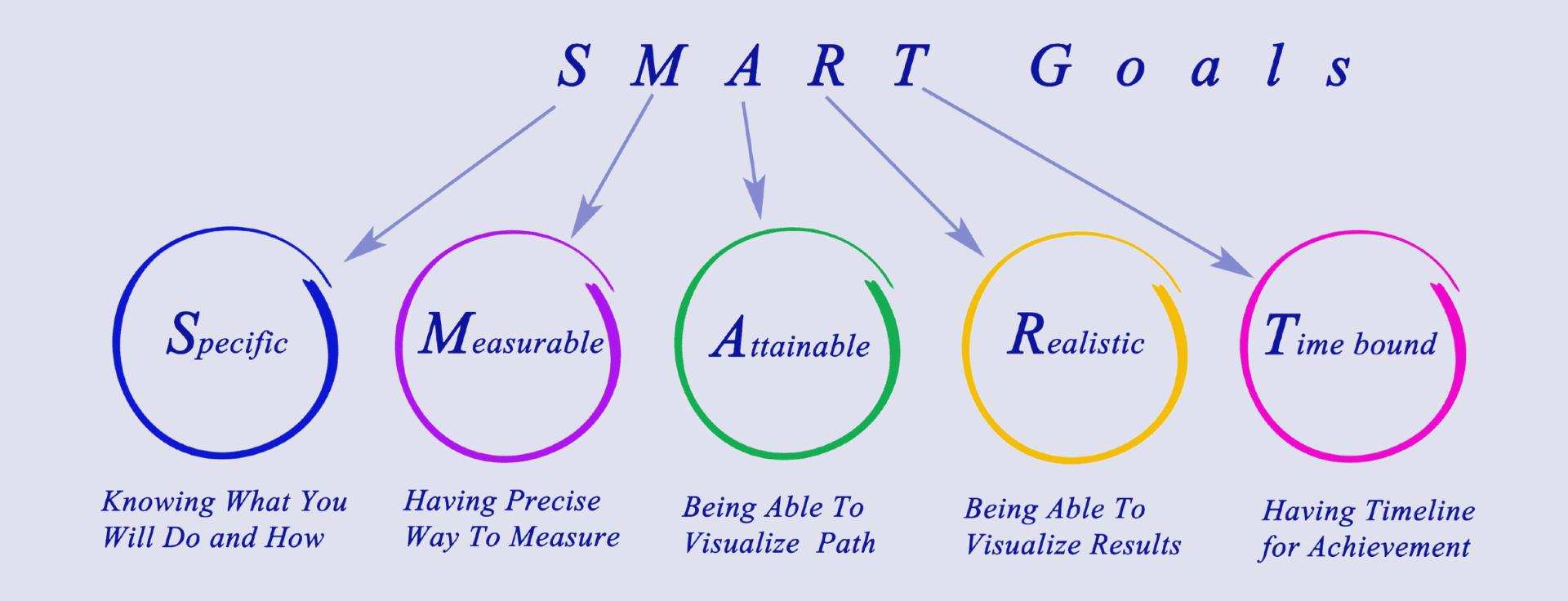

Internships have become an essential stepping stone for students and young professionals aiming to enter the workforce. According to the National Association of Colleges and Employers (NACE), 70% of employers offer their interns full-time positions and nearly 80% of those interns accept the offers. With the right approach, an internship can be more than just a temporary role—it can be the launchpad for a successful career. In this guide, we’ll explore actionable steps to turn your internship into a full-time job.
Internships provide a unique opportunity to gain hands-on experience, develop new skills, and build a professional network. Research shows that 60% of college graduates who complete internships receive at least one job offer post-graduation, compared to only 36% of those without internship experience. This demonstrates the competitive advantage internships provide in today’s job market.
Additionally, internships help bridge the gap between academic knowledge and real-world application. While classroom learning provides theoretical understanding, internships expose students to workplace culture, teamwork, problem-solving, and industry-specific skills that can only be gained through practical experience. Internships are also an excellent way to test out different career paths and determine what aligns with your long-term goals.
To make the most of your internship, start by setting clear professional goals. Ask yourself:
What skills do I want to develop?
What knowledge do I need to gain about this industry?
Who in the organization can mentor me?
What impact can I make during my internship?
By defining your objectives early, you can focus on areas that will make you stand out. Discussing these goals with your supervisor can also help ensure your tasks and projects align with your professional aspirations. Setting benchmarks for progress throughout your internship will allow you to track your development and make necessary adjustments along the way.
Employers value interns who show dedication, reliability, and a strong work ethic. Ways to demonstrate this include:
Arriving on time and meeting deadlines.
Taking ownership of your responsibilities.
Going beyond assigned tasks by seeking additional responsibilities.
Displaying a positive attitude, even in challenging situations.
A survey by the Society for Human Resource Management (SHRM) found that 97% of employers rank dependability as one of the top qualities in employees. Showing this as an intern makes you a strong candidate for a full-time role. Being proactive, eager to learn, and committed to delivering high-quality work can set you apart from other interns.
Having clear goals helps bring purpose to life. Use the SMART method:
Specific – Define what you want to achieve.
Measurable – Track your progress.
Achievable – Set realistic expectations.
Realistic – Ensure your goal is practical and attainable.
Time-bound – Set deadlines to stay motivated.
A study from Harvard Business Review found that people who write down their goals are 42% more likely to achieve them. Writing goals helps teens clarify their purpose and stay on track.

Networking within the company is essential for career growth. Take the time to connect with colleagues, supervisors, and other interns. Ways to build strong professional relationships include:
Participating in company events and team meetings.
Requesting informational interviews with employees in different departments.
Engaging with company leadership when opportunities arise.
A LinkedIn study found that 85% of jobs are filled through networking. Establishing connections during your internship can significantly increase your chances of securing a full-time position. Moreover, strong professional relationships can lead to mentorship opportunities, recommendations, and industry connections that can benefit you long-term.
Constructive feedback is crucial for growth. Regularly ask your supervisor for feedback on your performance and seek ways to improve. Questions you can ask include:
How can I improve my work?
Are there any additional skills I should focus on developing?
What steps should I take to make a long-term impact in this role?
By actively implementing feedback, you demonstrate a willingness to learn and improve—qualities that employers highly value. Learning from constructive criticism not only improves your work performance but also shows adaptability and resilience, which are essential in any career path.
To increase your chances of being hired, keep track of your accomplishments and contributions. Create a portfolio or document showcasing your work, such as:
Projects you’ve completed and their impact on the company.
Key performance metrics that highlight your contributions.
Testimonials from supervisors or colleagues praising your work ethic.
When it’s time to discuss a full-time role, having concrete evidence of your contributions will make your case stronger. Additionally, adding relevant work experience to your resume and LinkedIn profile can improve your professional visibility and marketability to potential employers.
If you’re interested in staying with the company after your internship, make it known. About 60% of interns who express interest in a full-time position receive an offer, compared to 35% of those who don’t. Ways to express interest include:
Speaking with your supervisor about your career goals.
Asking HR about potential openings.
Applying for available full-time roles within the company.
Being transparent about your career aspirations demonstrates enthusiasm and commitment to the company. Employers prefer hiring individuals who are already familiar with their workplace culture and can seamlessly transition into a permanent role.
Employers seek candidates who are proactive about personal and professional growth. Enroll in relevant courses, attend industry seminars, and stay updated on trends in your field. According to a World Economic Forum report, 50% of all employees will need reskilling by 2025. Showing initiative in continuous learning will make you an attractive candidate.
Taking advantage of online learning platforms like Coursera, LinkedIn Learning, or Udemy can help expand your skill set and make you more competitive in your job search. Upskilling in areas like data analysis, communication, project management, or industry-specific tools can provide a valuable edge over other job applicants.
If you don’t receive a full-time offer immediately, stay in touch with your supervisors and colleagues. Ways to maintain professionalism include:
Sending thank-you emails to your mentors.
Connecting with colleagues on LinkedIn.
Checking in periodically to stay on their radar.
Sometimes, positions open up later, and staying connected increases your chances of being considered. Keep communication lines open and express gratitude for the experience and learning opportunities you received during your internship.
Transitioning from an intern to a full-time employee can take time. If your current company doesn’t have an opening, leverage your internship experience to apply for roles elsewhere. Many employers value candidates with prior internship experience, making you a competitive applicant in your job search.
Additionally, keep refining your resume, enhancing your interview skills, and applying to jobs that align with your career goals. Remember that persistence is key—sometimes the right opportunity takes time to materialize.
Turning an internship into a full-time job requires dedication, initiative, and strategic networking. By demonstrating a strong work ethic, building relationships, and showcasing your contributions, you can significantly increase your chances of receiving an offer. Remember, even if you don’t land a full-time role at your internship company, the experience and connections you gain will be invaluable in your career journey.
Internships aren’t just temporary positions—they are stepping stones to a successful career. Approach yours with intention, and it could lead to your dream job.
Compass Rose International uplifts young women vulnerable to child trafficking and mental health challenges, providing tools for resilience, confidence, safety, and independence.
Get our EvolutionHUB articles on the first and third Monday of each month.
September 30, 2023
Denver, CO